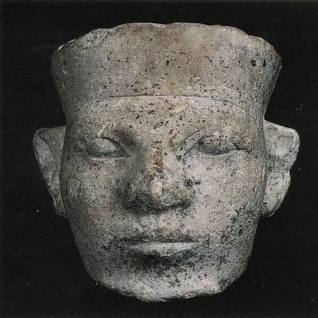Col Macgregor – Sevres to Lausanne : How not to think about the Ukraine war
One of the first issues when reviewing critical commentary on the Ukraine war that must be noted is that among these critical parties in the West the context and behaviour of the neo-cons are described as either delusional or irrational. Their politics are seen as based on post-WW2 rhetorics. Col Macgregor repeatedly describes the Europeans and neo-cons as ‘crazy’, ‘delusional’, and full of ‘complete folly and disaster’ in his webcast:1 Two issues arise. First is that claiming the other…



![[:en]globe[:]](https://i0.wp.com/african-century.org/wp-content/uploads/2021/06/globalistion.jpg?fit=206%2C245&ssl=1)





